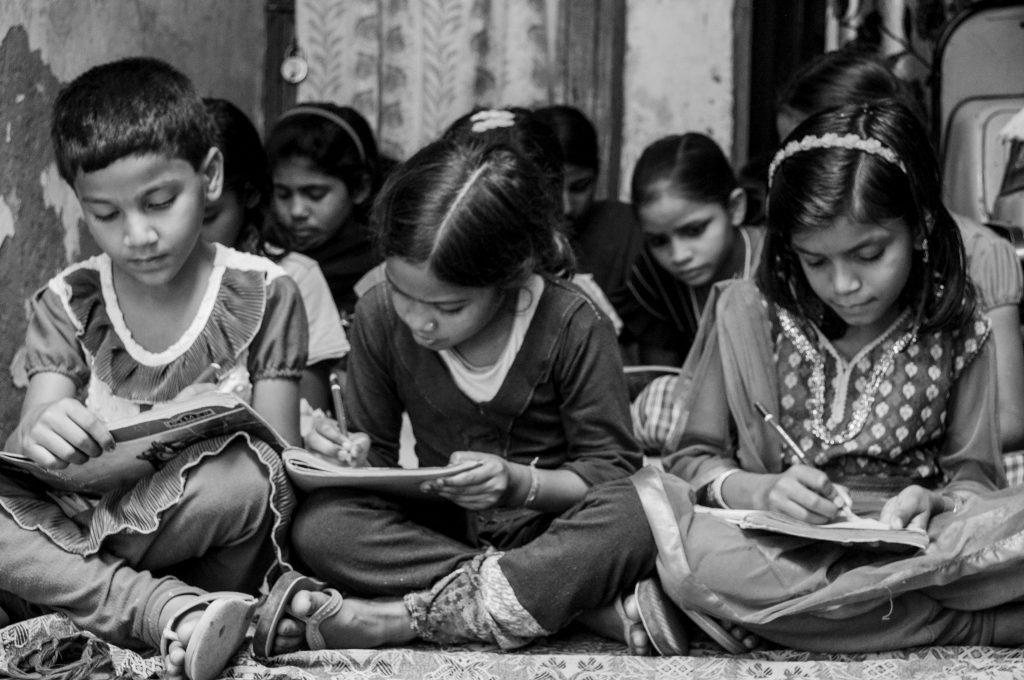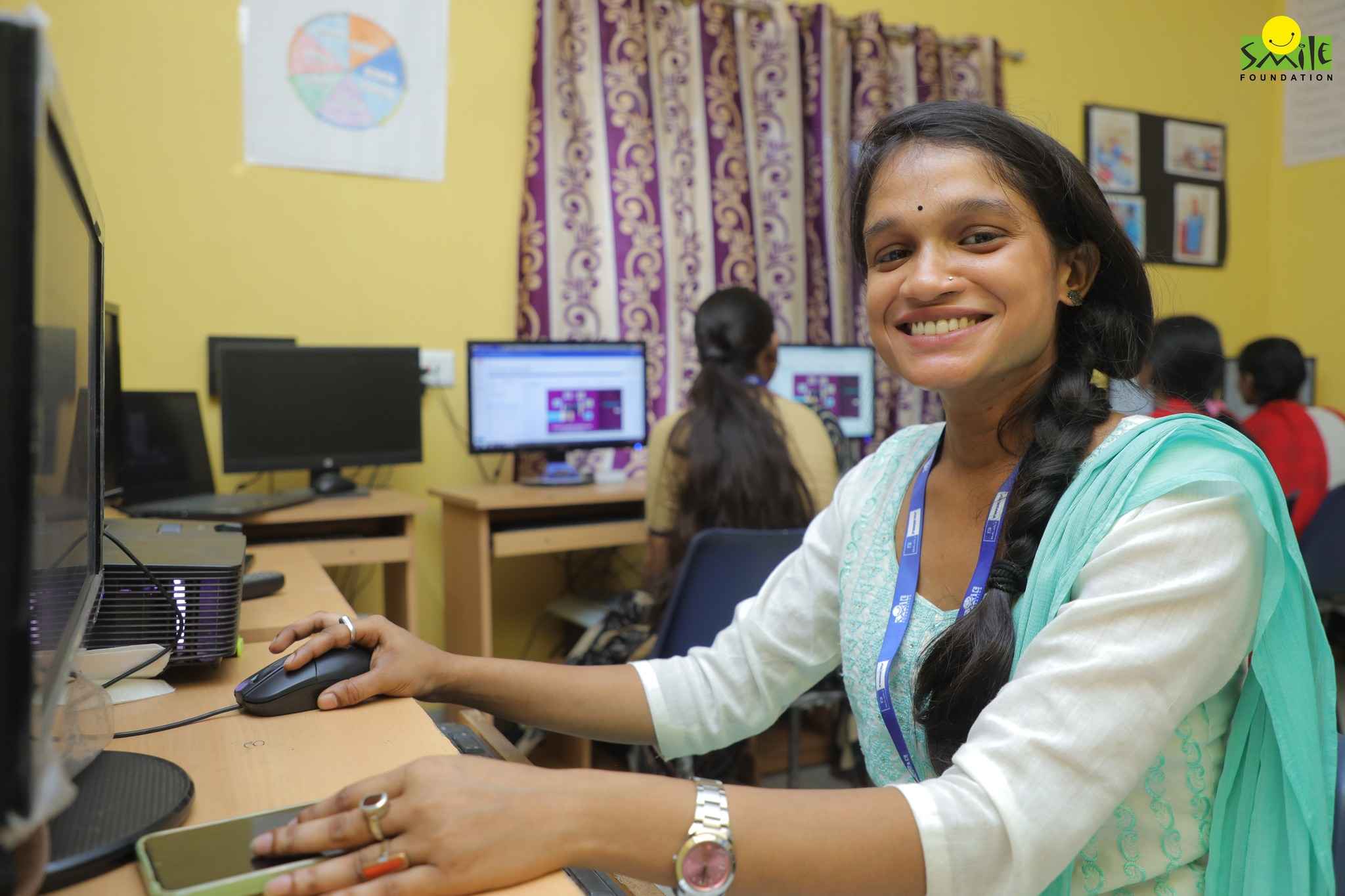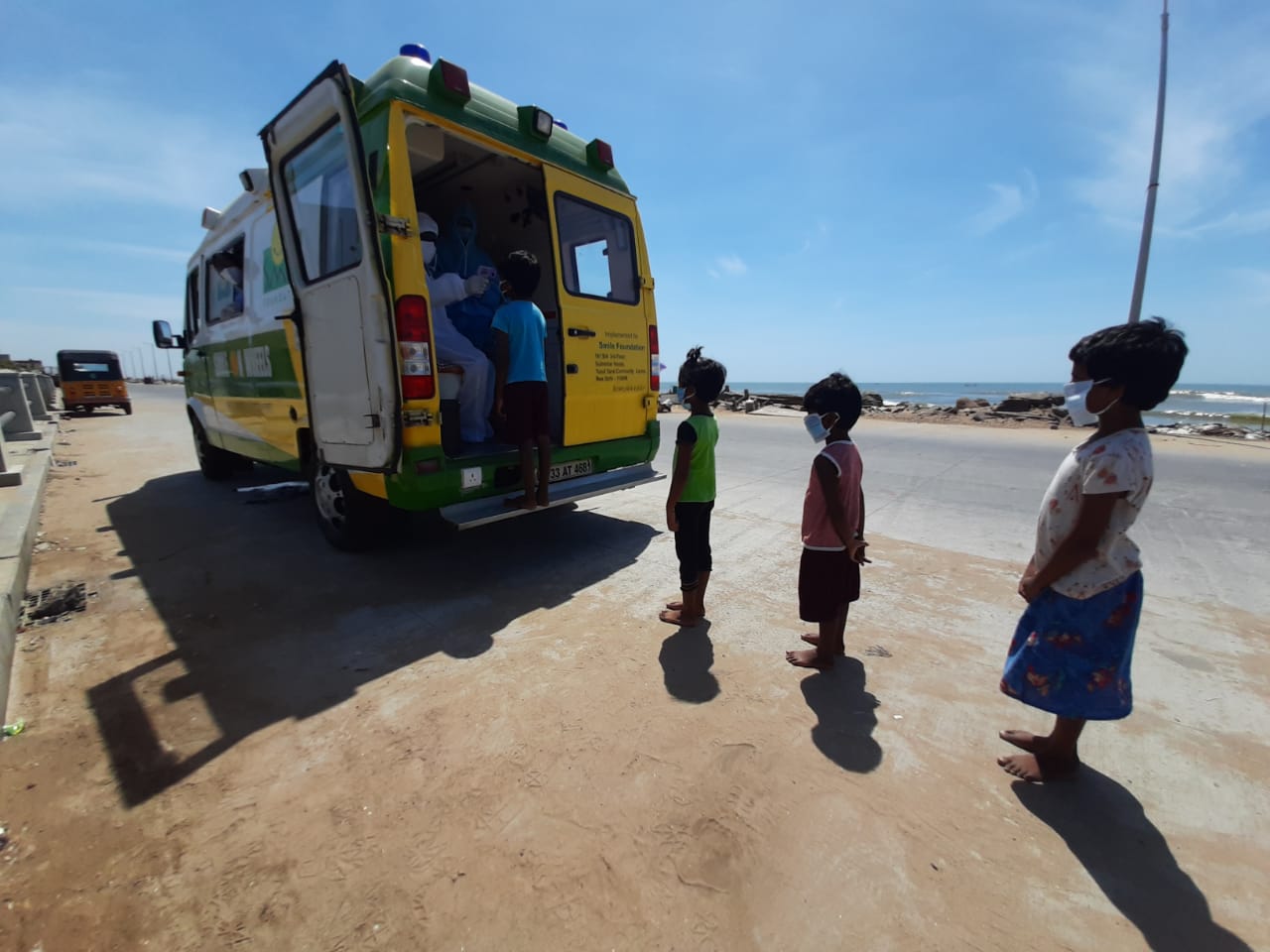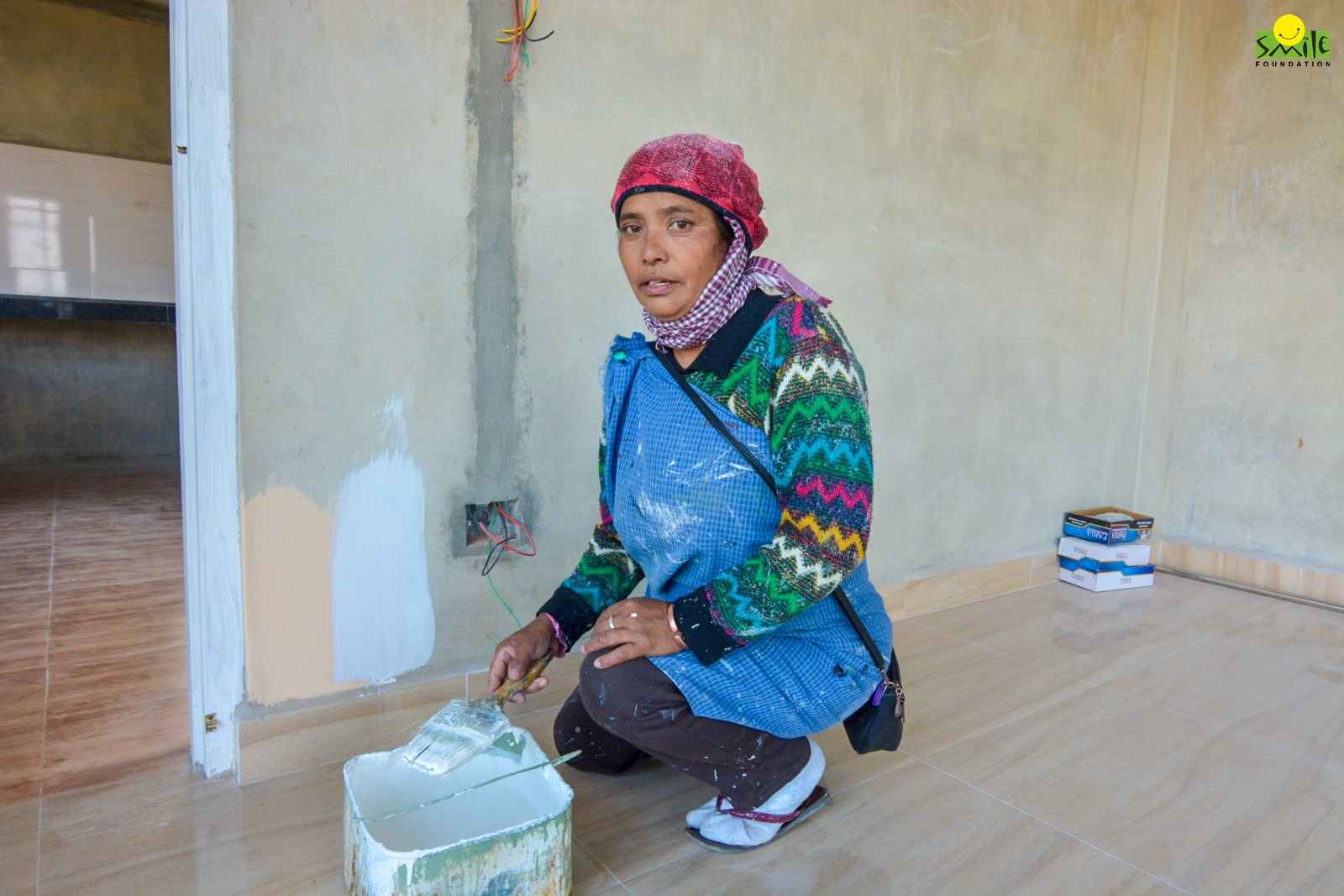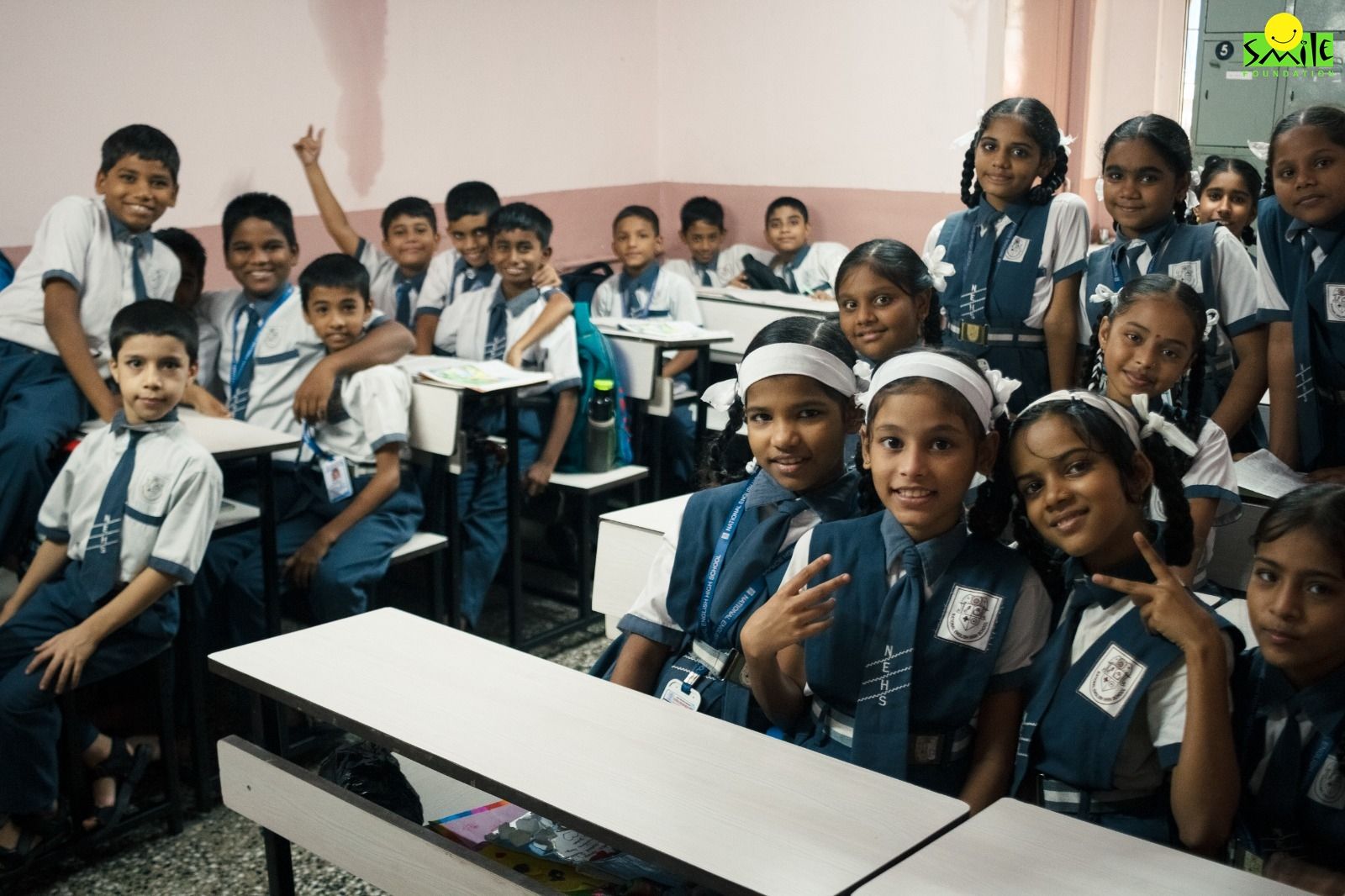Childhood is the first chapter of the book of one’s life. It is scientifically established that childhood is a crucial stage as it lays the foundation for health, learning, and behavior thus shaping the personality of an individual. The experiences one has, as a child stay with the person throughout life. Hence, it is important that children are nourished, protected, given a sense of safety and responsibly cared for. Thus, anxiety in students is most undesirable.
However, in today’s fast changing, fiercely competitive, unstable and highly volatile world, both children and their care-givers are facing new and tougher challenges. One of these is mental health, which has attracted attention in recent years especially post Covid-19 pandemic, as its impact on children, adolescents and care-givers is alarming and demands timely intervention.
Anxiety in Students
Mental health has been an under-addressed and overlooked health aspect in India for long mainly due to societal perception and stigma attached to it. However, the reality is that mental health issues are one of the most concerning health disorders of contemporary times especially with its rising impact on children and adolescents.
The Indian Journal of Psychiatry 2019 states that at least 50 million children in India were affected with mental health issues and 80-90% of them have not sought any support. According to the State of the World’s Children 2021, a global flagship publication of UNICEF, 14 % or 1 in 7 children in India in the age group of 15-24 years reported to have often felt depressed and lacked interest in doing things. The report further says that India is the only country among the 21 surveyed countries where only a minority of young people considers reaching out to seek help as the best way to deal with mental health issues.
According to a National Mental Health Survey conducted by NCERT, anxiety among students at middle and high-school levels in India is a major area of concern. Based on responses of around 3.8 lakh students across the country, this survey identified ‘frequent mood swings’ as a troubling indicator of anxiety across gender, grades and schools. 81% of students in this survey reported academics as their main cause of anxiety.
However, apart from academic demands, exams and results; parental pressure, career aspirations, peer relationships, social interactions, seeking validation from friends and social media also act as main triggers of anxiety in school and college students these days. If not nipped in the bud, these mental health issues can extend into adult life and prevent individuals from realizing their fullest potential.
Covid-19 Pandemic and its impact on Mental Health
Counselors suggest that children have been suffering from mental health issues for a long time. However, mental health awareness and discussion actually grew during the pandemic, thus opening the Pandora’s Box. The Covid-19 global pandemic unleashed a wave of terror, anxiety and stress which worsened the existing poor status of mental health in the country.
While fear of infection, isolation, loss of near and dear ones, anxiety of being quarantined, change in work atmosphere, uncertainty of life etc. could be counted as immediate impacts on mental health during the pandemic; there were long term worries regarding incurred financial losses or effect on livelihoods and need to adapt to changed circumstances.
In a way, children were worst hit mentally due to the Covid-19 crisis as they underwent an extremely tumultuous journey for which they were not prepared in the least. UNICEF in its global flagship report has warned that children and young adults in India could suffer for years to come due to impact of Covid-19 on their mental health. Among other things, the overnight transition into a socially distant, virtual world for routine work like school and office was quite a challenge for children, parents and teachers alike.
Anxiety during Online Classes
With schools and colleges being shut down as part of regulations imposed to contain the spread of Covid-19 infection, the only option available to students to continue education was switching to virtual mode. However, the change was sudden and drastic and children were not prepared for it.
A few reasons which contributed to anxiety during online classes are outlined below:
- Limited access to resources: Not all students in our country have a stable internet connection to aid in smooth flow of online classes. Also switching to online classes needed investment in terms of a new/ extra device and internet pack which all families could not readily afford. Many students thus had the stress of being left out or inability to cope with online classes.
- Inability to concentrate in online classes: Many studies indicate that it is difficult for majority of children to focus on online classes as there are multiple distractions. Lack of suitable places at home to attend online classes, distractions at home and on the internet connected devices added to the challenges of children.
- Lack of a specific schedule: Online classes made children lazier and dull as they lacked a specific schedule of getting ready for school and involvement in different activities.
- Social distancing: The inability to meet their friends, social seclusion and absence of extra-curricular activities has led to adverse impact on the mental health of children.
School and classroom teaching are designed for holistic development of a child where there is emphasis on interactions, engagement, co-curricular, sports and other activities besides academics. Switching to online classes abruptly has distanced children from all such experiences leaving them more anxious and confused.
How to Help a Parent with Anxiety
Parenting is a challenging job in itself and it has become tougher in today’s world. Competitive market, busy work schedules, working couples, nuclear families with no extra hands to help with home and kids; all these make life quite hectic which often results in stressed out parents and lonely children. Children often mirror their parents’ behaviour; hence parental anxiety might most likely transmit into their children if not managed timely and effectively.
Here are a few tips for parents to deal with their anxiety:
1. Employ techniques like meditation and deep breathing when you are feeling anxious. Make it a daily practice to keep anxiety in check.
2. Identify your stress triggers, set boundaries and try not to dwell on such things
3. Explain your anxiety to your child if you had an outburst. Let them understand that it is alright to experience such emotions and not suppress them.
4. Talk to your family about situations that overwhelm you, take their help in managing those situations better.
5. Seek professional help if you’re unable to manage stress on your own.
6. Join a support group, you might find innovative stress busting ideas or some useful information
Concluding Thoughts
Mental health is crucial to our overall well being. While we often dismiss sad, anxious, aggressive, hyper-active behaviours as just being part of a developmental phase, it might be signs of mental health issues in some children. Mental morbidity may manifest itself in many forms in children like anxiety, depression, mood swings, learning, eating or other behavioural disorders. Identifying these early signs and addressing them timely, alongside providing a positive and healthy environment is the key to raising less anxious and happy children.
Smile Foundation
Smile Foundation wants all our children associated with our various programmes to feel seen and cared for in their growth and development areas- educational, physical, mental and emotional. We believe that children do better when adults listen to them with empathy and eagerness so that they become capable enough to find solutions to their own problems.



